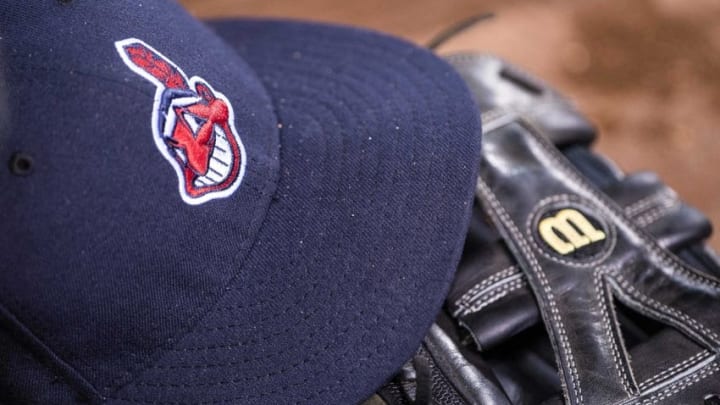On this day in 1962, Harry Chiti was traded from the Cleveland Indians to the New York Mets for a player to be named later. That player turned out to be himself.
Ah, the player to be named later. A staple in baseball trades, that player can literally be anyone. Of course, there are certain parameters to be discussed, and that player may well depend on the performance of the player traded. But one trade made between the Cleveland Indians and the New York Mets may have set the standard for a trade involving a player to be named later.
The Mets found themselves in need of a backup catcher, and made the trade with the Indians, acquiring Chiti to fill that role. A glove first catcher, Chiti provided solid defense although his arm was not quite as good as it had been in years past. Offensively, he produced a .195/.233/.220 batting line in 43 plate appearances.
More from Cleveland Guardians
- A guide for Cleveland Guardians fans with eyes on 2024
- Is there a role for Noah Syndergaard with Cleveland Guardians in 2024?
- Cleveland Guardians minor league affiliate hopping on the Tim Anderson fight aftermath
- After Aaron Civale trade, Cleveland Guardians are punting on 2023 season
- Why there’s no reason for Cleveland Guardians to keep Amed Rosario
Things get interesting with Chiti a couple of months later. It is debatable as to what happened, as to whether or not Chiti was traded for a player to be named later or acquired for cash considerations when he was sent to the Mets. However, on June 15, Chiti was sold back to the Indians as the player to be named later, completing the earlier trade.
Interestingly enough, Chiti never actually played for the Indians at the major league level. He spent his time in the Cleveland system in 1962 with the Jacksonville Suns in the International League, and spent the next two seasons in the minors before retiring.
As rare as it may be, Chiti was only the first player in baseball history to be traded for himself. Since then, three other players, Dickie Noles, Brad Gulden, and John McDonald, were also traded for themselves in the following years.
Trades involving a player to be named later could truly involve anyone. For Harry Chiti, the return for his trade from the Cleveland Indians turned out to be himself.
